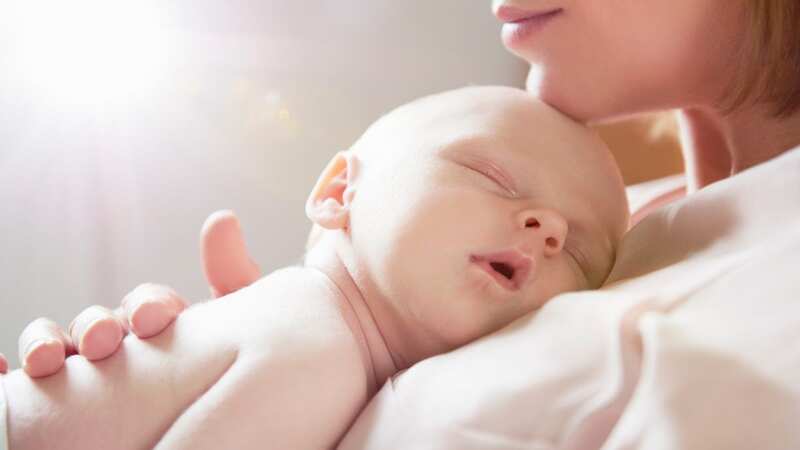
Worldwide, one in 10 pregnant mums experience a dangerous increase in blood pressure. And about a third of them will develop the condition over the next 10 years, with a long-term risk of heart attack, stroke and heart failure.
How can we offset this future risk? Well, Oxford researchers may have an answer. Mums could self-monitor their blood pressure after giving birth and cut the risk of future heart disease and strokes.
In the largest trial of its kind, the Oxford team has found taking daily blood pressure readings at home and personalising medication in the weeks after giving birth improves blood pressure control for the first year after a hypertensive pregnancy.
In the study, led by Oxford’s Dr Jamie Kitt and Professor Paul Leeson, 220 new mothers who had developed high blood pressure during pregnancy were treated with either blood pressure self-monitoring at home, or usual care.
Those in the self-monitoring group took their blood pressure every day and entered their readings into a smartphone app. They then received advice based on their results to either reduce, maintain or increase their dose of blood pressure-lowering medication.
 Teachers, civil servants and train drivers walk out in biggest strike in decade
Teachers, civil servants and train drivers walk out in biggest strike in decade
All the women in the study were followed for nine months after giving birth. Around eight months after giving birth, average blood pressure in the self-monitoring group was lower than the usual care group, 126/82mm Hg compared to 131/86 respectively, and most had stopped taking their blood pressure lowering medication.
The researchers say reducing blood pressure by as little as 5mm Hg, as seen in this study, can delay the onset of complications by many years. Over a lifetime it could reduce the risk of heart attacks by 20% and strokes by 40%. In addition, just eight of those in the self-monitoring group had a hospital readmission for high blood pressure in the two weeks following discharge, compared to 29 in the usual care group, relieving pressure on the NHS.
Dr Kitt explains: “Our earlier research identified a critical six-week window after a hypertensive pregnancy to ‘reset’ a new mother’s blood pressure and reduce their risk of future heart problems. This study shows us how we can achieve this reset.”
Dr Sonya Babu-Narayan, consultant cardiologist, summarised: “This study shows that empowering women with the right knowledge, tools and medical support after a hypertensive pregnancy leads to better blood pressure.
“These encouraging findings suggest self-monitoring blood pressure could even stop future heart attacks and strokes, and we look forward to understanding how this approach could benefit women in the long-term.” I’m sure it would.